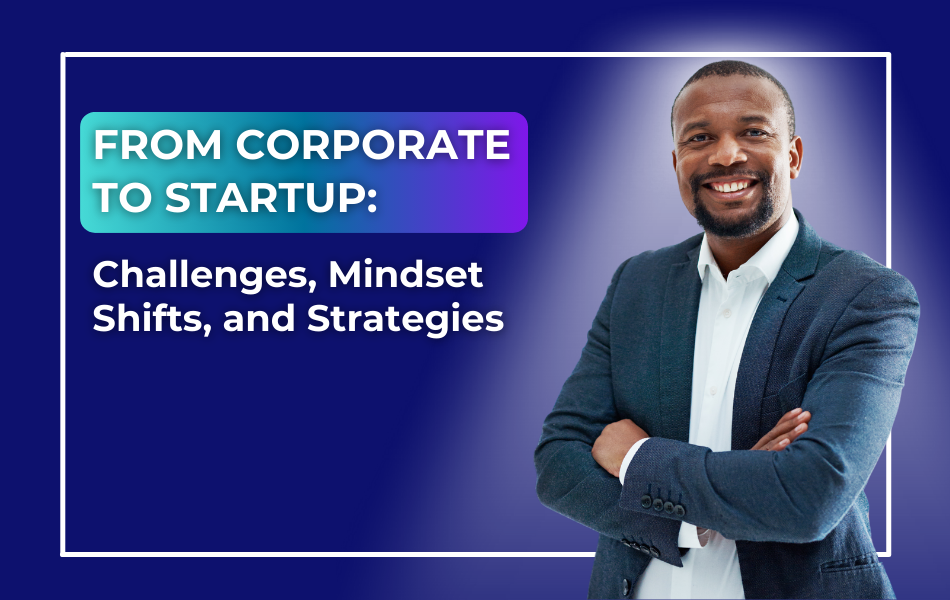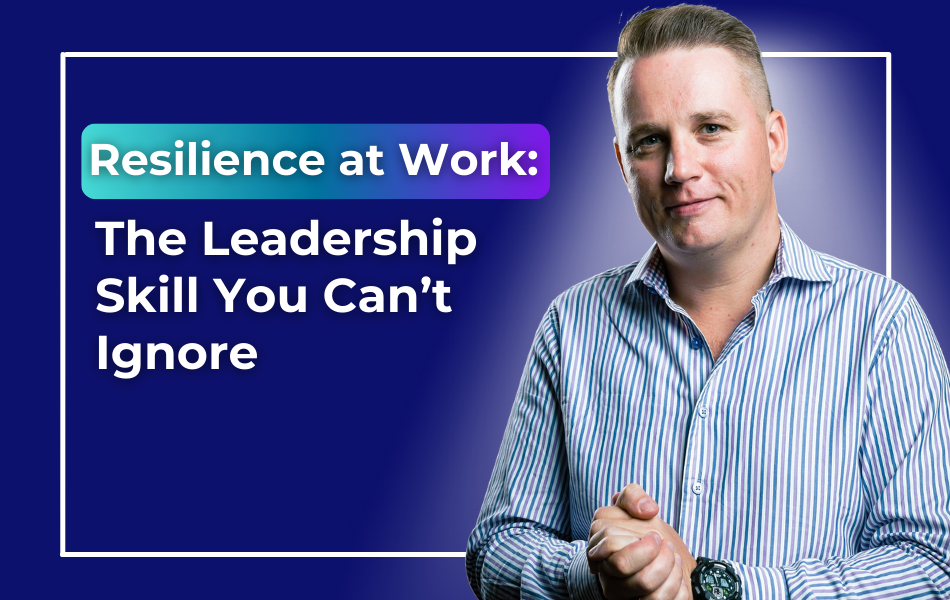13. Unconscious Biases in The Workplace – An Interview
About this Podcast
Yes, I’m biased… and you are, too.
Ouch, I know!
Just like you, I wished that I could say I’m free of biases… be these biases on race, gender, sexual orientation, disability, religion, or others.
But biases happen in a split-second. It’s a brain process that identifies and categorized information in a way we’re not consciously aware of. Even when we say that we are very open-minded and not prejudiced, biases still creep upon us. Sadly, they’re inevitable.
The good news is that having a bias doesn’t make you a bad person and not every bias is negative or hurtful. The problem arises when we don’t recognize our biases which can then lead to bad or unjust decisions at work, in life, and in relationships overall.
And this is exactly why we need to examine our biases and be mindful of our hidden prejudices and the way they influence our actions and thoughts.
One way to do this is to listen to other people’s stories – to empathize with them, learn from them, and expand your perspective by doing so.
This episode of The Manager Track is the last part of a 3-part interview series with powerful and courageous Black women.
Join me and Ericka in this honest and authentic conversation about biases, discrimination, and racism.
Enjoy the episode and thanks for listening!
PS: Here are 6 additional steps to help you uncover some of your hidden biases:
- Identify your own biases: Take the Implicit Association Tests, learn about the different types of biases, and find out where your blind spots lie.
- Pay attention to language: Pay attention to what you say and how you say it. For example, are you generally referring to a doctor or a CEO as a “he”?
- Flip the script: When you’re in a situation where you might be prejudice, then flip the script and imagine the scenario if someone of a different gender or race was involved. Would you draw the same conclusions or would it look differently?
- Seek diversity in your friendships and acquaintances: Proximity shatters stereotypes. So how about volunteering for an organization or joining an employee resource group (aka ERG) or community with people outside of your regular circle?
- Speak up: Speak up when you notice that unconscious biases are influencing other people’s decisions or behaviors. Simply asking a question or challenging them to rethink the scenario if someone from a different ‘stereotyped group’ was involved can help. Remember to do so with kindness because we all have biases and that doesn’t make us bad.
- Avoid generalizations: Catch yourself when you make generalizations and ask yourself if the statement was true. I promise you’ll quickly be able to find plenty of reasons why these generalizations don’t actually hold up.
PPS: Email us at contact@ramonashaw.com to get a copy of the coaching skills self-assessment mentioned in the episode.







